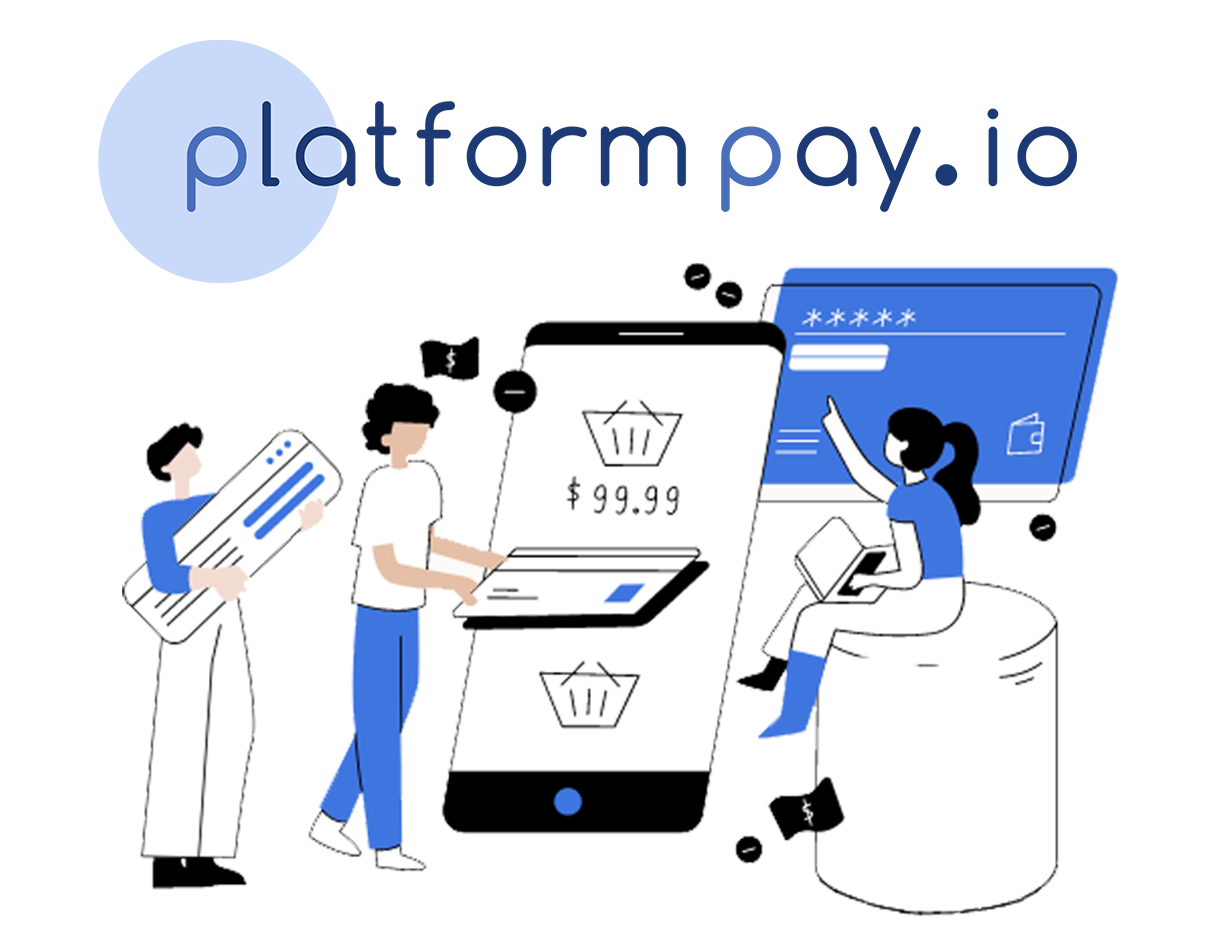Running a business is never easy, but it’s especially complicated when it comes time to pay the bills. When you are using a payment processor, there are many things to consider: fees, rates, and other features make each one different. In this article, we’ll explain what payment processors do and how they work so that you can choose the best one for your business’s needs. We connected with the team from PlatformPay and they shared some pretty amazing tips which can help all business owners.
Payment processors are intermediaries between a business and the customer’s bank.
The payment processor is the middleman between your business and your customer’s bank. When you make a sale, they handle the exchange of money between you and the customer’s bank. This means that if a customer wants to pay with their credit card, you’ll need to work with a payment processor that can process credit cards on behalf of your business.
There are two main types of payment processors.
There are two main types of payment processors: fixed-rate and interchange plus.
Fixed-rate processors charge a flat fee for processing transactions, while the interchange plus model charges a percentage based on the amount of the transaction. The bulk of the funds from each sale (the “interchange”) goes to your customer’s bank, but most merchants only receive 1–3% extra as compensation for using their services. This can feel like pennies when you’re making thousands in sales each month, so it’s important to understand how much you may be losing out on before signing up with one provider or another.
Credit card processors can be either fixed or interchange plus.
If you’re new to the world of payment processing, the terms “fixed” and “interchange plus” may sound like they’re referring to two different types of credit card processors. While they do refer to different types of processors, there’s no need to worry: these terms are not mutually exclusive. You can have an interchange-plus processor or a fixed-fee processor—whichever type makes more sense for your business model.
Both types charge fees based on the type of transaction being processed (e.g., credit card purchase versus debit card purchase), but these fees are calculated differently depending on whether your processor is fixed or interchange plus.
Fixed-fee processors charge a flat rate per transaction regardless of what kind of payment method is used by customers (this means if you want your business to accept debit cards alongside credit cards, it’s best if you use a fixed-fee processor). Interchange plus processors base their fees on both how much each customer spends and which type(s) of payment he uses (so if your customers prefer paying with credit cards over debit cards and cash, using an interchange plus processor would be beneficial).
You need to also consider how much you will be charged for PCI compliance and how it is offered.
A lot of businesses don’t know that there are two ways to pay for PCI compliance: fixed fee or interchange plus. As the name implies, a fixed fee is set and does not change based on the number of transactions or customers you process—it’s a one-time charge. In contrast, an interchange plus model can be based on volume (transactions) or you can pay a fee per customer.
Platform pay noted if your business processes more than $20 million in annual sales, it will likely be cost-effective for you to use an interchange plus processor because this type of pricing structure allows you to pass along some of your savings from lower transaction costs on Visa and MasterCard networks back to your customers in the form of lower prices instead of keeping them all as profit margin for yourself as is possible with other types of processors that use interchange fees only.
Conclusion
Now that you understand the basics of payment processors, it’s time to get started! You can start by determining what kind of processor will work best for your business and finding one that meets those needs. If you are looking for more information about how payment processors work of looking for one for your business be sure to go to https://platformpay.io/ for more information.













